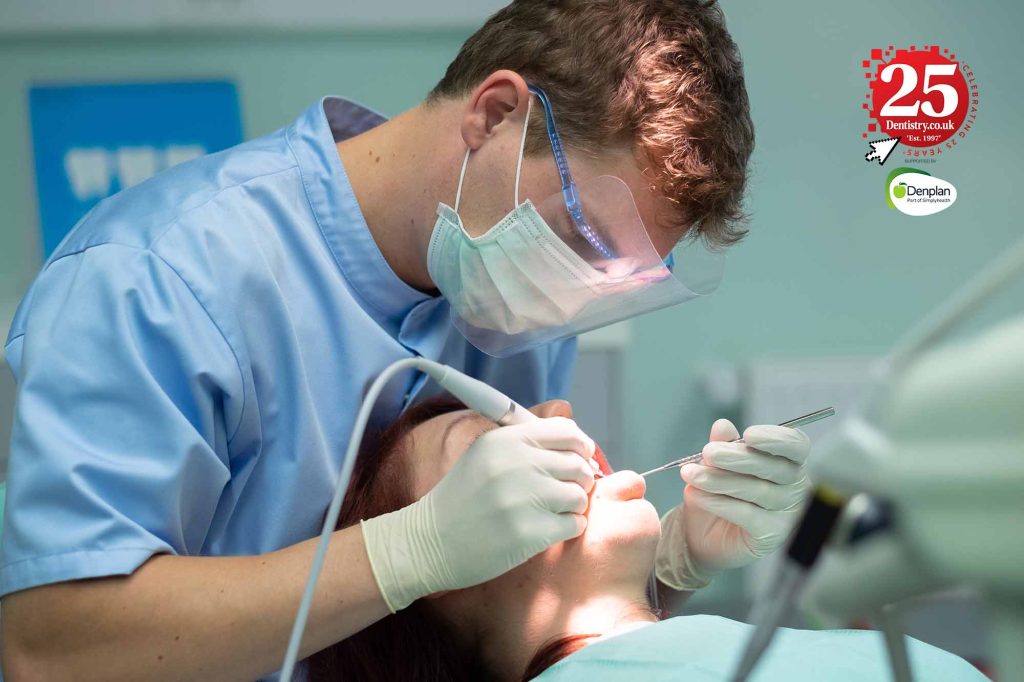Eligibility for Pakistani Dental Hygienists to Apply for Licensure in Canada:
A Pakistani Dental Hygienists are eligible to apply for licensure in Canada, but they must go through a formal assessment and certification process to have their credentials recognized and to meet Canadian standards.
Here’s a step-by-step guide
Though it’s crucial to remember that requirements can vary slightly by province/territory. The Federation of Dental Hygiene Regulators of Canada (FDHRC) plays a central role in the initial assessment for most provinces (except Quebec).
Credential Assessment by FDHRC:
Purpose: To have your educational credentials assessed for equivalency to Canadian standards. This is the first and most critical step for Pakistani educated dental hygienists.
Requirements: You’ll typically need to submit:
1.A completed application form.
2.Official dental hygiene diploma/certificate/degree (original or notarized copy).
3.Official transcripts/mark sheets sent directly from your educational institution.
4.A legal description of dental hygiene practice in Pakistan from your regulatory authority.
5.A credential assessment report from an approved external agency (e.g., World Education Services (WES), International Credential Evaluation Service (ICES), or International Qualifications Assessment Service (IQAS)).
6.Official course syllabi/outlines from your dental hygiene program, sent directly by your educational institution.
7.Proof of legal name change if applicable.
8.Payment of fees.
Outcome: The FDHRC will determine if your education is equivalent or if you need additional coursework/training (e.g., completing a dental hygiene diploma or degree program accredited by the Commission on Dental Accreditation of Canada (CDAC)).
National Dental Hygiene Certification Examination (NDHCE™):
Purpose: This national examination assesses your competency to practice dental hygiene safely and effectively in Canada. It’s generally required for all provinces except Quebec.
Eligibility: You must have received an equivalency assessment from the FDHRC or have graduated from a CDAC-accredited program to be eligible to write the NDHCE.
Passing the Exam:
Successful completion of the NDHCE is a mandatory step for licensure.
Canadian Performance Examination in Dental Hygiene (CPEDH™) (If Required):
If you graduated from a non-accredited dental hygiene program (which would likely be the case for a Pakistani dental hygiene program), even after receiving equivalency and passing the NDHCE, you may be required to successfully complete the CPEDH™. This exam assesses clinical competency.
Registration/Licensure:
Regulation: Dental hygienist licensure is regulated at the provincial or territorial level. This means that after completing the national assessment and examination steps, you must apply to the specific regulatory body in the province or territory where you intend to practice.
Jurisprudence Examination.
This examination tests your knowledge of the principles of law and justice as they relate to the practice of dental hygiene in Alberta; to the obligations between dental hygienists and their clients; and to the relationship between dental hygienists and other health care professionals, and to society in general.
Alberta Clinical Examination
You will also be required to complete the Alberta Clinical Examination. You must successfully completion the NDHCB examination before attempting the clinical examination. The clinical examination is a two-day examination that will test your competency to deliver care to clients, such as the ability to use x-ray equipment and interpret dental x-rays; gather medical and dental history; assess clients; chart; develop a
dental hygiene diagnosis and care plan; and provide clinical therapy
Orientation courses or bridging programs (if deemed necessary).
Focus on Full Licensure:
Because Provisional Registration is not Available. The emphasis is on meeting all established standards for full registration to ensure public safety and competence.
Overall Average Salary:
The average annual salary for a dental hygienist in Canada is approximately CA$91,054 per year or CA$43.69 per hour.
Entry-level positions generally start around CA$73,445 annually.
Experienced professionals can earn up to CA$107,250 per year or more.
CONTACT
MAHMOOD SALEEM
Advocate High Court
Immigration Consultant
Call 0321-4314001
WhatsApp 0333-5769655
